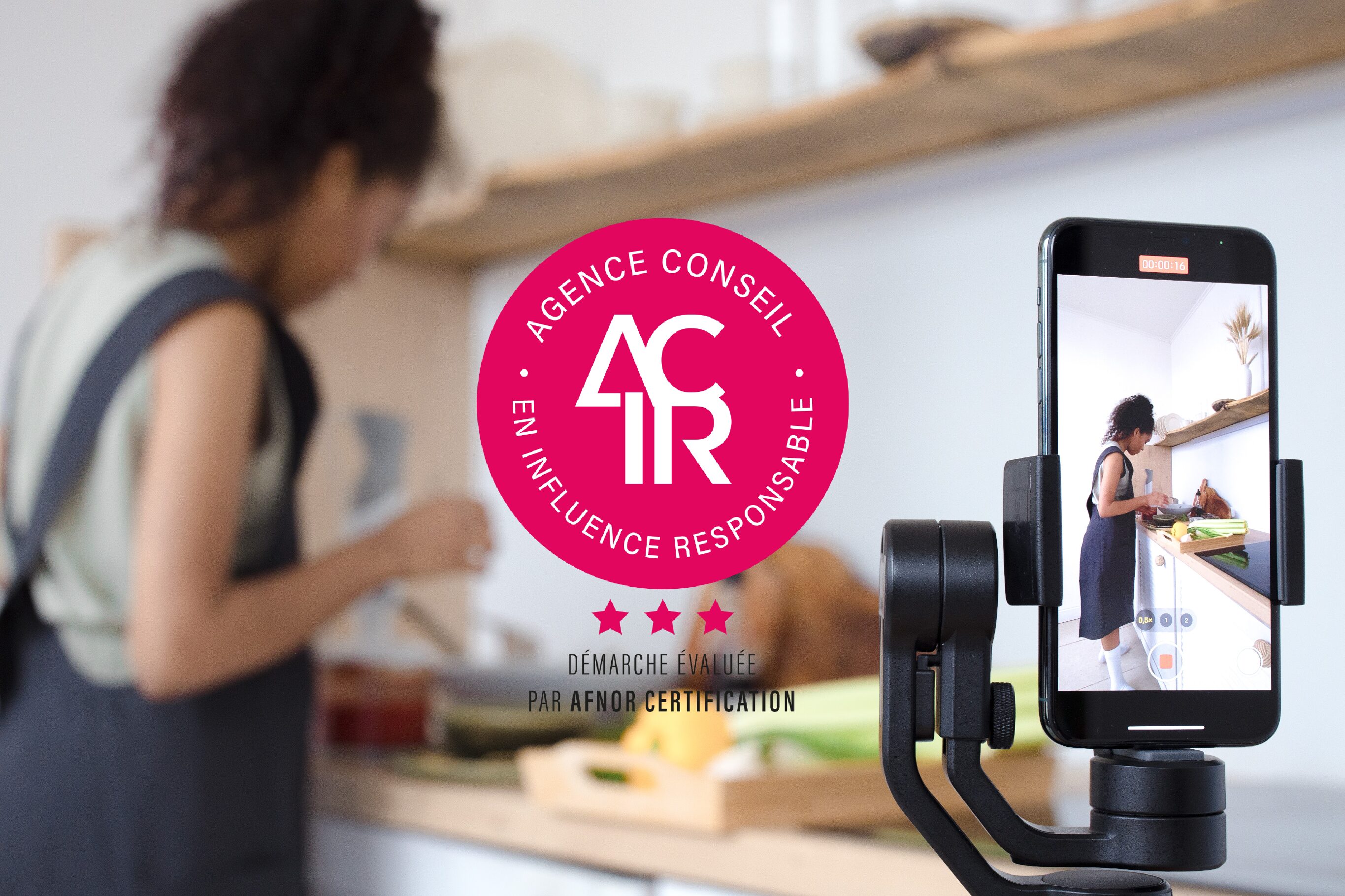While reality TV influencers have long been favored by advertisers, a new trend is emerging: collaborating with more responsible influencers who are consistent in their approach. Brands, content creators, and agencies, it’s a wake-up call for all players in the influencer industry to strive to be early birds in the realm of ‘responsible’ influence.
The End of the Dubai El Dorado
Reality TV influencers have long been a subject of fascination and controversy. Advertisers’ former darlings for easily ensuring visibility and success for their products are now distancing themselves from the glitz and glamour. « Booba killed our business », »One day, they won’t call you anymore ». This is partly due to some reality TV influencers (not all can be painted with the same brush) accepting dubious partnerships, such as drop-shipping, online betting, cosmetic surgery, financial products, etc. And their communities struggling to identify with their extravagant Dubai lifestyles. In the end a loss of their famous power of influence.
However, labeling reality TV influencers as the sole representatives of influence is an oversimplification of this ecosystem. Among French influencers, those from reality TV form a minority in terms of volume. In France, over 80% of content creators have communities of fewer than 50,000 subscribers. Their engagement rate, i.e., the level and quality of interactions with their community compared to their content, often surpasses that of influencers with more subscribers.
This engagement arises from the evolving relationships that bond these communities with their content creators. It’s no longer just about following someone for their image, style, or news, as was the case with reality TV influencers. Content creators gain influence through a trust-based relationship built on genuine shared passions and tangible added value. The subjects of these passions have significantly expanded in recent years, encompassing gastronomy, humor, art, entrepreneurship, and ecological issues.
Generation Z: The Driving Force of Change
Young creators play a pivotal role in this expansion. Gen Z, connected and creative, prioritizes authenticity. Nevertheless, they have not distanced themselves from influencers. According to a 2023 study by Appinio and JIN, more than half of young people follow influencers daily, if not multiple times a day. We are witnessing a resurgence of the « community » concept, with tighter-knit groups than ever.
Young influencers fully integrate into their communities’ conversations and develop various ways to stay close to their subscribers, including discussion channels, a trend widely adopted on Instagram.
Therefore, brands and consultancy agencies have a significant interest in understanding these communities and collaborating with content creators to provide authentic and valuable solutions. While the purchasing power of this age group is less, as Gen Z prioritizes their desires and wishes, brands are turning to loyalty, a lever driven by the community and the influencer who unites it.
In the end, one in two young people claims to have purchased a product based on an influencer’s recommendations. Brands and agencies must understand and integrate these community movements because they are becoming the norm for everyone, especially with Digital Moms in early childhood. The era of reality TV influencers is fading in favor of authentic content creators who share common passions, and brands stand to gain by prioritizing them.
Regulation: An Opportunity for Brands to Restore Trust
Faced with this crisis of trust, governments and regulatory bodies worldwide are taking action. In France, the first law aimed at combating abuses and scams and regulating the activities of influencers on social media was passed before the summer. This regulation marks a crucial first step in restoring trust in the world of influencers.
Could we go even further? Of course, regulation, labels, and recent certifications are just the initial building blocks of the necessary framework for responsible influence. Many issues remain unaddressed: What protection is there for children visible on the accounts of influencer parents? How can influencers be made aware of the ecological impact of their recommendations and mobilized around ecological transition issues? How can the relationship between brands, agencies, and influencers be improved?
The responsibility of the influence sector will be realized through strong cooperation among all stakeholders, or it won’t happen.




